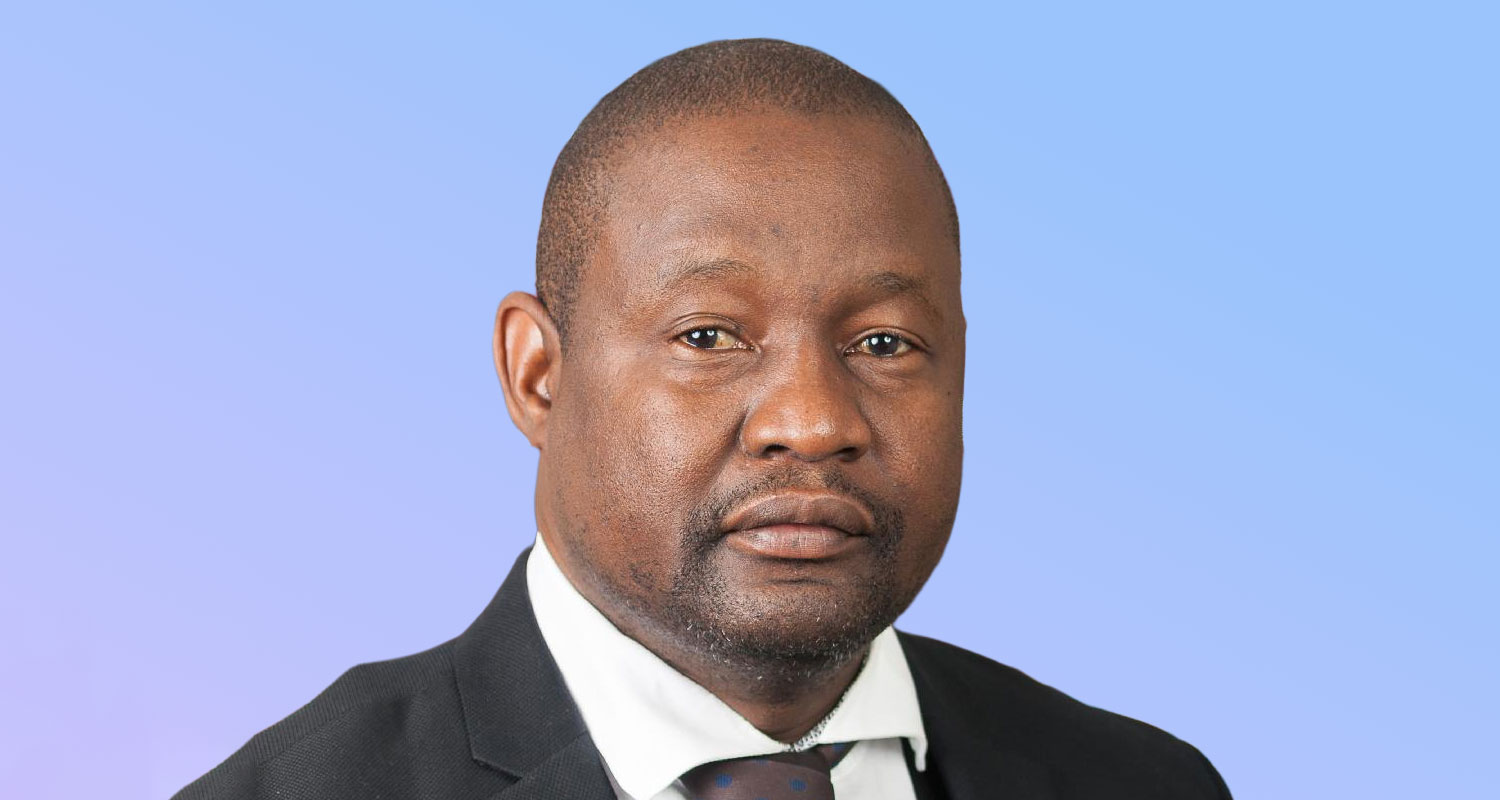Last week, Prof Arthur Mutambara, director of the University of Johannesburg’s Institute for the Centre of Knowledge, launched his new book, Deploying Artificial Intelligence to Achieve the UN Sustainable Development Goals. The significance of AI was underscored by the diverse and engaged audience at the launch.
In attendance were curious students, representatives from the Chinese embassy, UN officials, members of the judiciary, and mobile phone and technology executives who joined virtually. Each has a strong stake in AI, creating fertile ground for stimulating and lively discussion:
- Students asked how AI could assist with research without undermining their creativity. They worried that over-reliance on the technology might stifle the human mind and crush innovative spirit.
- China, a global leader in AI development, stressed its intention to partner inclusively with Africa to spearhead AI growth.
- The UN highlighted social challenges linked to the lack of energy resources to fight poverty.
- The judiciary explored both the opportunities and the challenges of AI in advancing justice.
All these issues resonate with Mutambara’s book, which seeks to show how AI can be deployed to achieve the United Nation’ Sustainable Development Goals (SDGs) by 2030. He drew important links between AI, economics, productivity and entrepreneurship.
Placing AI in global context, the market is predicted to reach US$4.8-trillion within eight years. According to a UN Conference on Trade and Development (Unctad) report, the global AI market “will soar from $189-billion in 2023 to $4.8-trillion by 2033 – a 25-fold increase in just a decade”. The report also projected that “AI could quadruple its share of the global frontier technology market, rising from 7% to 29% and emerging as the sector’s dominant force”.
Widening divide
A major concern is the widening divide between the Global North, where the leading AI players are concentrated, and the Global South, which risks being sidelined unless it makes bold, strategic investments. The Chinese envoy was pressed to explain how his government would partner with Africans to ensure inclusivity and equitable distribution of AI’s benefits. The challenge is stark: the US and China hold 60% of all AI patents and produce a third of global AI publications.
While China continues to invest heavily on the continent, the reminder was clear that its interests are primarily commercial. For Africa, with its combined GDP of $3.4-trillion and a population of 1.4 billion, the best path forward may be collective bargaining – leveraging resources and negotiating as a unified bloc rather than as fragmented economies. Mutambara argued that an African collective would wield far greater influence than individual states negotiating alone.
Read: Fintechs and crypto shake Africa’s banking foundations
Africa faces a critical choice: seize the AI opportunity or risk being left behind, despite supplying many of the minerals driving the global tech industry. The AI economy already outstrips Africa’s combined GDP, yet much of the raw material fuelling it comes from Africa. This underlines the urgent need to move away from exporting raw minerals towards beneficiation, innovation and the creation of technology products that generate employment. Mutambara said that AI is set to create more millionaires in the next five years than the internet did in 20, making creativity and innovation essential.

In a provocative aside, Mutambara encouraged universities to accommodate dropouts who leave to build industries, and to welcome them back if they fail. Citing Bill Gates as an example, he argued that leaving school to pursue entrepreneurship should not be stigmatised.
Nonetheless, Africa’s participation in AI faces steep challenges. Chief among these is the energy crisis, which cripples productivity and innovation, compounded by poor leadership and a lack of vision. This calls for massive investment in sustainable energy solutions aligned with the SDGs.
Mutambara’s book situates AI firmly within the framework of the SDGs, exploring how it can help address poverty, inequality, climate change, environmental degradation, peace and justice. Yet without adequate energy supplies, Africa cannot meaningfully participate in climate-friendly technology initiatives. The SDGs call for ending poverty and protecting the planet, but without addressing the urgent needs of the poor and their access to technology, social, economic and environmental sustainability will remain out of reach. — (c) 2025 NewsCentral Media
Get breaking news from TechCentral on WhatsApp. Sign up here.
- Brian Hungwe is a journalist, lawyer and legal scholar with special research interest in intellectual property law and innovation; public international law; constitutional and human rights; and delict and arbitration



